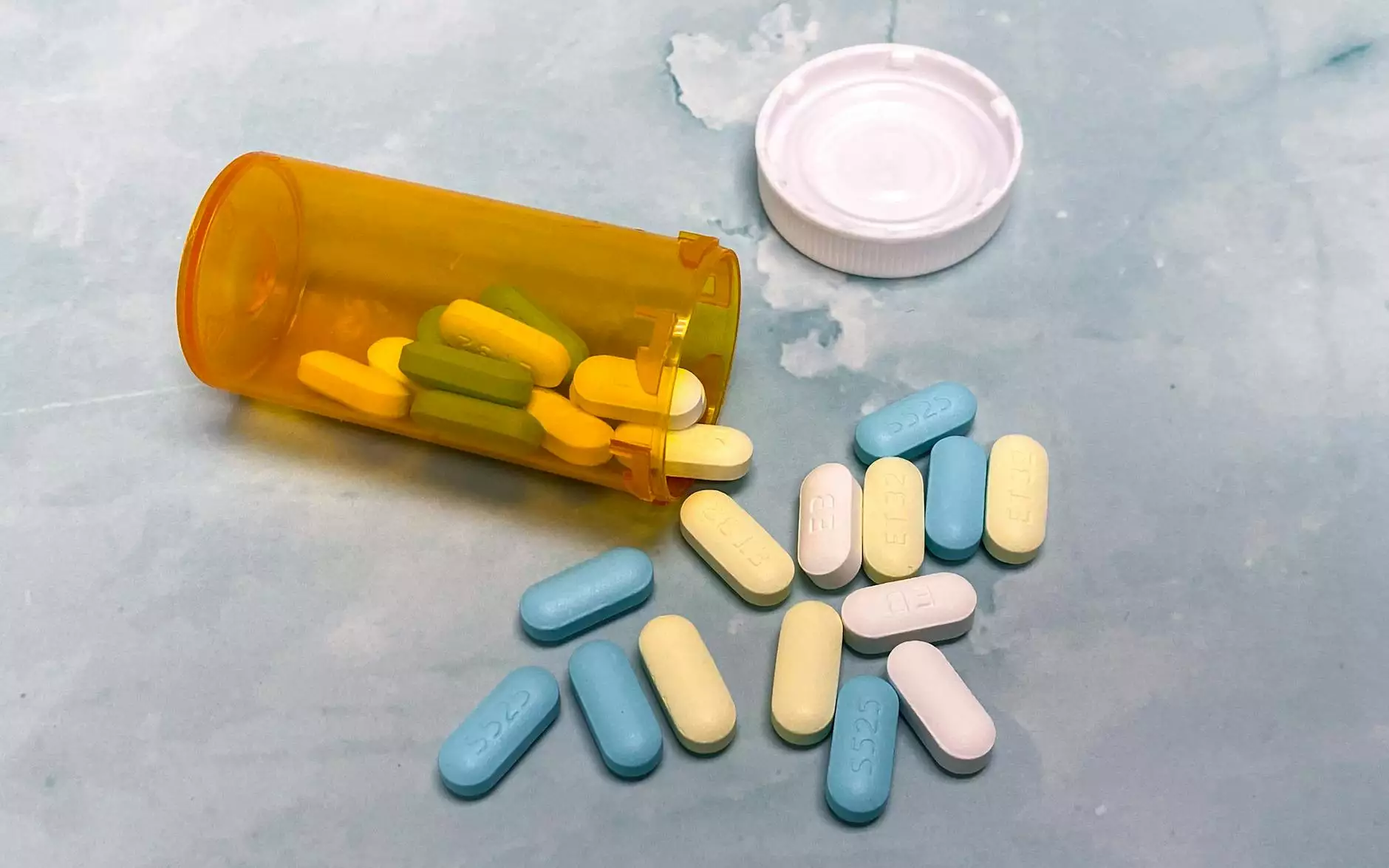Understanding Equine Injection: A Comprehensive Guide

When it comes to the health and well-being of your equine companions, equine injections play a pivotal role. From vaccinations to therapeutic treatments, these injections ensure that horses remain in peak condition, ready to perform at their best. In this article, we will delve deep into the various aspects of equine injections, their types, benefits, and how they contribute to the overall health of your horse.
The Significance of Equine Injections
Equine injections have become essential in the veterinary industry. These procedures are used not only for preventive care but also for treating specific health concerns. The advancements in veterinary medicine have led to remarkable developments in the types of injections available, thereby enhancing the quality of care that can be provided to horses.
1. Types of Equine Injections
There are several types of equine injections that a horse may require, depending on their health needs. Understanding these types will help owners make informed decisions about their horse's health regimen.
- Vaccines: Vaccination is crucial in preventing diseases such as West Nile Virus and Equine Influenza. Regular vaccination schedules are vital for maintaining herd health.
- Intravenous Injections: These are commonly used for administering medications directly into the bloodstream and providing immediate effects.
- Intramuscular Injections: Commonly used for vaccines or medications that can be absorbed slowly, intramuscular injections are given in specific muscle groups.
- Subcutaneous Injections: These involve injecting medication into the layer of fat under the skin, often used for routine vaccinations.
- Therapeutic Injections: These include joint injections to relieve pain and inflammation, often used in performance horses to maintain mobility.
- Reproductive Injections: Used in breeding programs to enhance fertility or synchronize estrus in mares.
Benefits of Equine Injections
Understanding the benefits of equine injections is crucial for horse owners looking to maintain optimal health for their animals. Here are some of the key advantages:
2. Preventive Care
The most significant advantage of equine injections is their role in preventive care. Vaccinations help safeguard horses against viral and bacterial infections, significantly reducing the risk of outbreaks within stables.
3. Improved Performance
For competitive horses, equine injections can be vital for enhancing performance. Therapeutic injections for joint pain, for example, enable horses to perform at their best without the burden of discomfort.
4. Targeted Treatment
Injections allow for targeted treatment of various health issues. Whether dealing with infections, allergies, or musculoskeletal problems, veterinarians can deliver precise doses directly where needed.
5. Quick Absorption
Injections provide fast absorption of medications into the bloodstream, ensuring that horses receive timely relief from pain or illness. This rapid delivery is crucial in emergency situations.
6. Enhanced Recovery
Post-surgery or injury, equine injections can facilitate quicker recovery times. Certain injections promote healing and reduce inflammation, ultimately getting horses back into work sooner.
Administering Equine Injections Safely
Administering injections may seem straightforward, but it is crucial to do it safely and correctly to avoid complications. Here are some best practices:
- Consult a Veterinarian: Always work with a qualified veterinarian who can recommend the right type of injection based on your horse’s health status.
- Proper Training: Ensure that the person administering the injection is adequately trained. Improper technique can cause pain or injury to the horse.
- Clean Environment: Maintain a clean environment to minimize the risk of infection. Use sterile equipment and follow hygiene protocols.
- Monitor the Horse: After administration, keep an eye on the horse for any unusual reactions or side effects. Contact a veterinarian if concerns arise.
- Record-Keeping: Maintain accurate records of all injections administered, including dates and types of vaccines given. This information is vital for future health management and vaccinations.
Potential Risks of Equine Injections
While equine injections are generally safe, there are potential risks and side effects that owners should be aware of:
7. Local Reactions
Some horses may experience local reactions at the injection site, such as swelling or soreness. These reactions typically resolve on their own but should be monitored.
8. Allergic Reactions
In rare cases, horses can have allergic reactions to certain vaccines or medications. Signs may include swelling, difficulty breathing, or hives.
9. Lameness
Improper administration of joint injections can sometimes lead to temporary lameness. This is often a result of the injected substance affecting surrounding tissues.
10. Infection
Although rare, there is a risk of infection at the injection site. This underscores the importance of following proper administration protocols.
The Role of Racehorse Medical Care
At racehorsemedcare.com, we understand the importance of maintaining the health and performance of your equine partners. Our knowledge and expertise in veterinary care allow us to provide the best practices for administering equine injections safely and effectively.
11. Quality Medication
We strive to supply only the highest quality medications and products for your horses. Ensuring that you have access to effective treatments is our top priority.
12. Education and Support
Our commitment extends to educating horse owners about the significance of equine injections, their implementation, and maintaining their horse's health beyond the stables.
Conclusion
In conclusion, equine injections are an integral part of equine healthcare. They provide numerous benefits, from disease prevention to enhanced performance, establishing a healthier future for our horses. By understanding the types of injections available, their advantages, and how to administer them safely, horse owners can ensure their companions remain healthy, happy, and ready to compete. At racehorsemedcare.com, we are dedicated to supporting you in this journey, providing the resources and information you need to care for your equine companions effectively.









